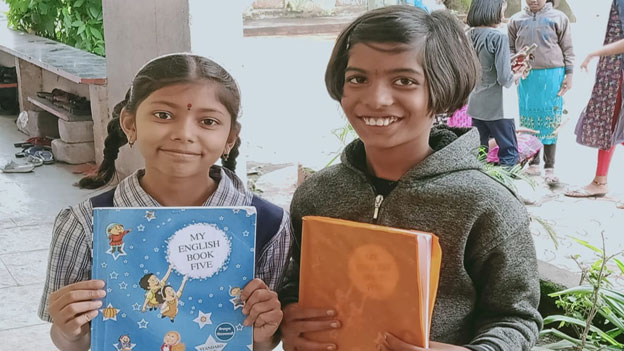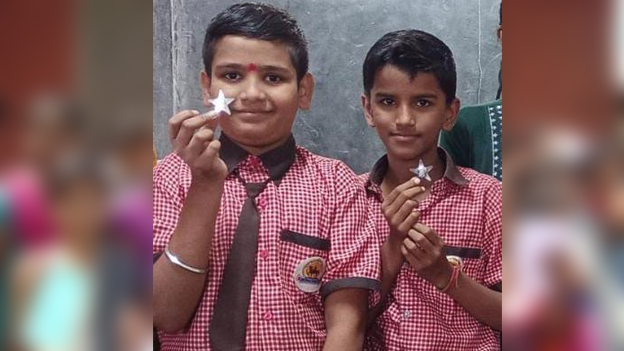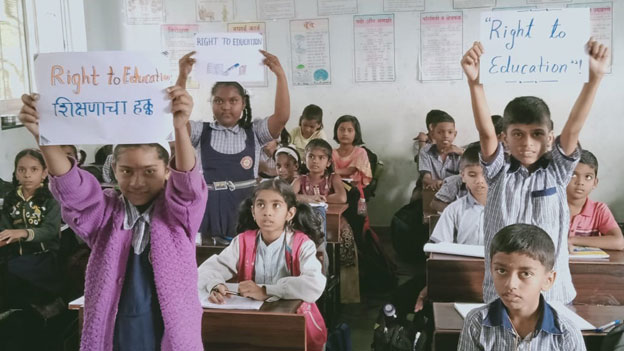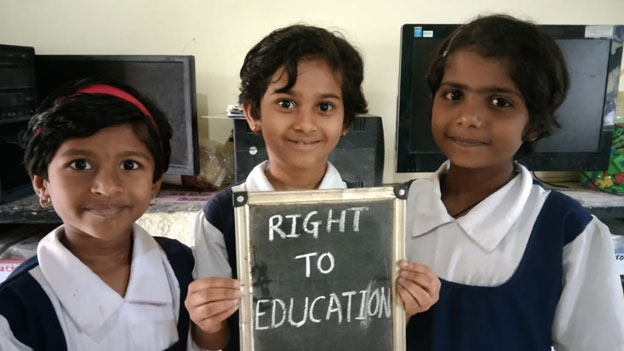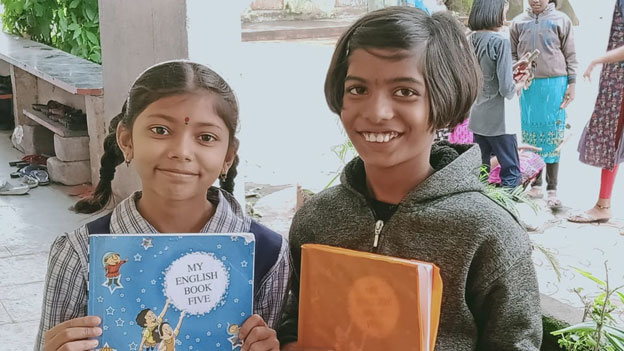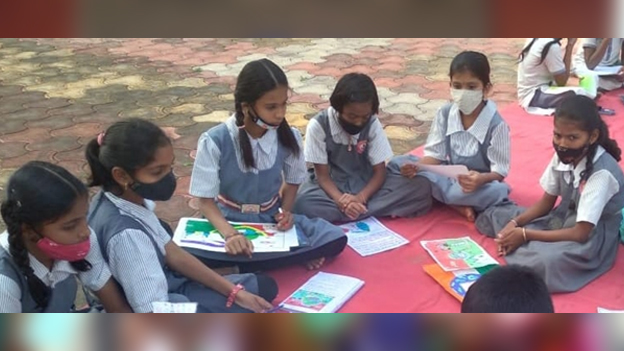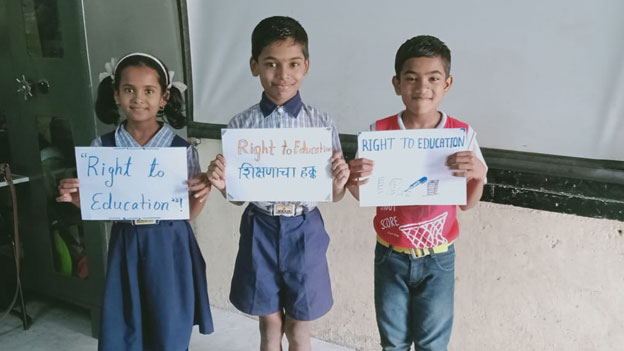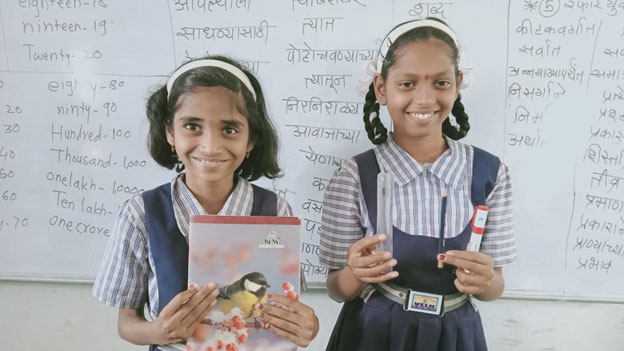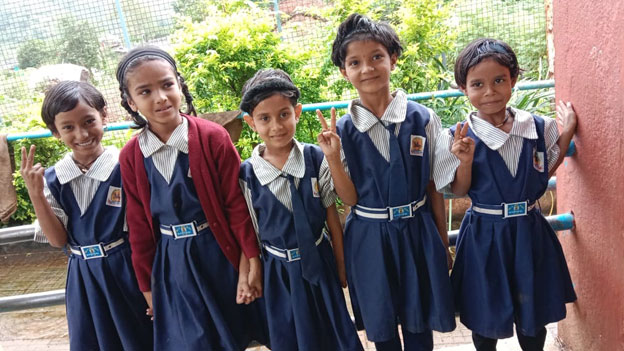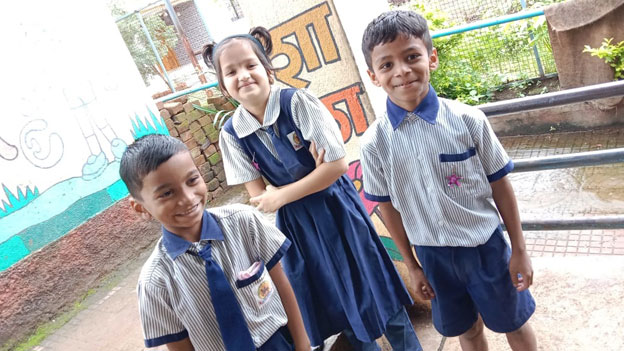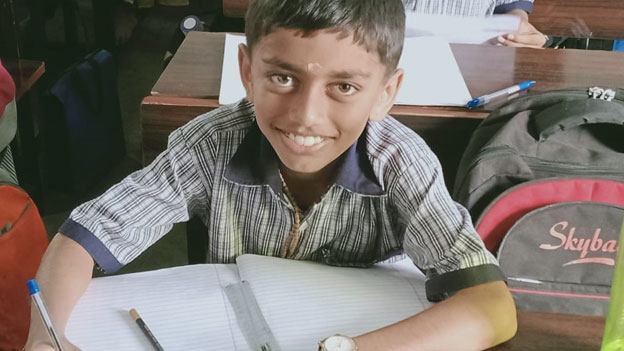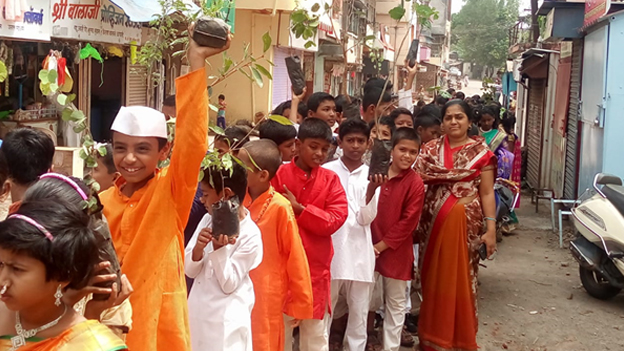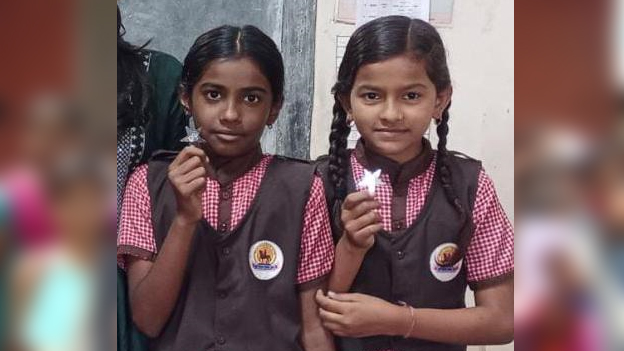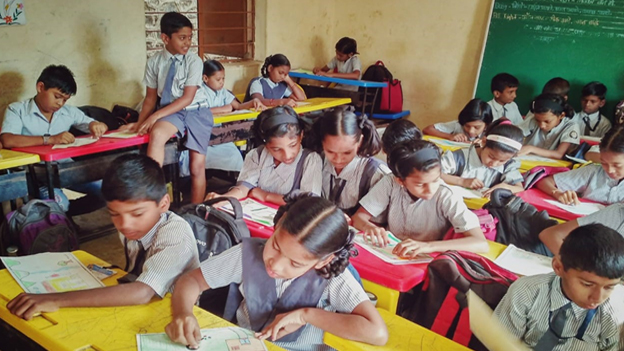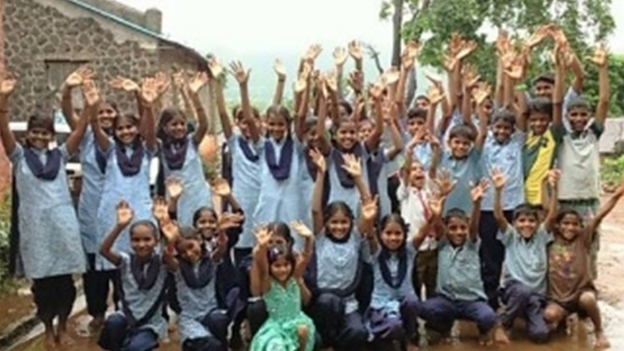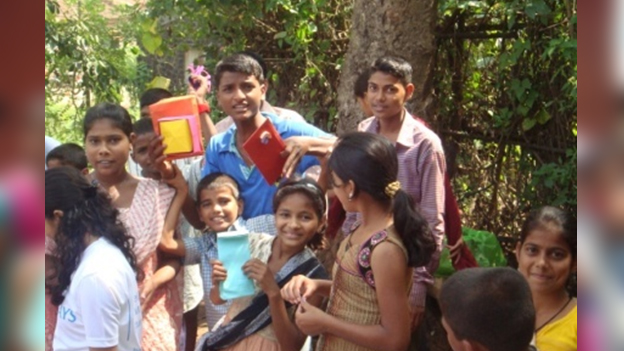
Imapct We Made
-
Development initiatives for underprivileged communities in villages of Haveli, Velhe, Junnar, Mulshi, purandher and Bhor Tehsils of Pune District, Maharashtra state are initiated successfully.
-
Addressed child rights issues by coordinating network activities as a western Maharashtra convener in Satara, Solapur, Kolhapur, Pune, Ahmadnagar and Sangli districts.
-
5000+ women are involved at the core of the various groups and committees-level activities in 150 villages.
-
Community development issues are being successfully addressed by members of the health, education, nutrition and sanitation committees and members of self-help groups. The majority of members of these committees are women.
-
One Hundred women’s groups had been formed to adopt the savings and credit activity for the purpose of self-reliance. 2000 members of these groups trained in entrepreneurship development. All groups functioned independently and 97% of group members got involved in income generation activity and thus could support their families. The process was also got successful in putting money lenders out of business, who were charging exorbitant interest rates.
-
Upgraded mother and child health status in 57 villages by undertaking various health initiatives.
-
Capacity building of women and community representatives process in 25 villages improved the work of public food distribution service centres and reduced drinking water problems. 750 families received ration cards.
-
3000 girls, deprived of formal education, have undertaken vocational courses, further education and government examinations which made them confident and aware of their self-development and improve their livelihood opportunities.
-
3200 children deprived of education received pre-primary education through chandobashala program
-
Active community participation resulted in getting the sanction of Government pre-primary centres in 30 villages
-
Quality education program reaches approximately 400 to 1800 children annually. 20000+ children received an opportunity of quality and activity-based education so far.
-
60+ schools upgraded school facilities with the involvement of parents, community and women representatives under a quality education program.
-
Hostel facility is being provided in the range of 60 to 100 deprived children focused on girls since 2003. Children peruse education up to the 12th standard through this program. The success ratio is 98%, The program is now entirely focused on girl education
-
The integrated development education program was operated from 1994 to 2021 for the adolescent children groups with a focus on girl students (Kishore Dal) to ensure their right to participation in the self and village development process. 25000+ children benefited so far. Students participated in Development activities focused on child rights, gender discrimination, environment protection, health and education. The program was successful in sensitizing these growing children regarding the critical issues at the village and global levels. It not only channelized the energy but also made them confident and created an open mindset with good values to groom them as good human beings and citizens of India.
-
Preventive health care amongst women program increased Haemoglobin levels of 68% of women.
-
The malnutrition in children decreased by 50% and mothers of these children were empowered by the knowledge of children’s health care and nutrition in 7 villages.
-
Empowerment of Tribal Community to improve nutrition & strengthening awareness on Nutrition related services program effectively reached 1250 children and mothers in forty villages and initiated the process to keep them away from malnutrition.
-
The National Rural Health Mission (NRHM- Central Government Program) was launched with the goal of improving the availability of and access to quality health care for people, especially those residing in rural areas, the poor, women and children. The program covered 120 villages with a rural population of 46000 and 8650 children, which is part of a backward & mountainous region. The intervention improved the health care quality of 8 Public health centres, 16 health sub-centres, one rural hospital, 1 sub-district hospital and 60 village health sanitation water supply & nutrition committees.
-
150,000 meals of healthy Food were distributed to 13 tribal communities and students in 3 schools to upgrade their health status.
-
Building Community Awareness and Action to Improve Child Nutrition Practices and Services program evolving 80 village’s community and 3720 children. 748 malnutrition children upgraded to the normal rank. 430 children are identified of the growth faltering category, have been controlled and retained. 246 mothers changed their junk food-related habits and adopted nutritious food appropriate to their children’s health.
-
Program on Preventive health care education reached 381 adolescent children. 99% of children improved their knowledge about hygienic habits, nutritious food intake and the importance of physical exercises. They were made aware of the importance and adoption of these hygienic practices. About 25% of children adopted healthy lifestyle patterns with a focus on hygienic habits, nutritious food intake and regular exercise in their daily life.
-
200 girls are covered under the health education program for adolescent girls. 98% of girls enhanced their knowledge of puberty, menstruation, hygienic practices, reproductive system and nutrition diet. They adopted hygienic practices during the menstruation period, Started to communicate with parents about blind faith regarding menstruation and girl’s health issues. Get free from the fear of the miss-concept of puberty and the reproduction system.
-
In the Covid period ration supply was made available to 401 families with a focus on daily wagers, pregnant women, malnutritious children, single parents, lactating mothers and the tribal communities. Also, Nutritious food kits were distributed to 225 children and multivitamin tonic was provided to 339 children. It proved a big help to sustain these families in Covid-related situations when there was no earning source available and not enough food.
-
Medical safety precautions items like hand gloves, N95 Masks, Surgical Masks, Sanitizer and Hand Wash, along with essential medicines, and oxygen concentrators were provided to Public health services centres, Covid isolation centres and rural hospitals to support them during the pandemic’s pick situation.
-
Awareness campaign was conducted on Covid precautions, vaccination importance, public health centres services by setting help desk, distributing material, arranging rallies and use of what’s app groups and taking follow up by volunteers in 70 villages along with tribal hamlets in 70 villages of Velhe Junner and Bhor Talukas. Which helped health centres and rural communities in the critical period of Covid.
-
Under the Covid awareness and relief project in Bhor and Velhe taluka, in 20 villages, 100 rural needy families got rations and 300 undernourished children received multivitamin tonic supply to survive in the Covid-affected time. To speed up the Vaccination work and to help public health centres/vaccination centres, help desks were activated. A vaccination awareness drive was undertaken.
-
To regularise ration supply from ration shops to tribal communities in Bhor and Velhe taluka, the ration cards channelization process was undertaken. 33 families received ration cards and now they are getting regular ration supplies from the ration shops. 31 families got renovation of their old ration cards. So they are receiving ration supply on a regular basis. 36 families ration cards were successfully linked with Aadhar cards and they are channelized properly. A total of 60 families additional members names were added to their ration cards. The addition of family members to ration cards increased the quota of ration quantity for these families.

